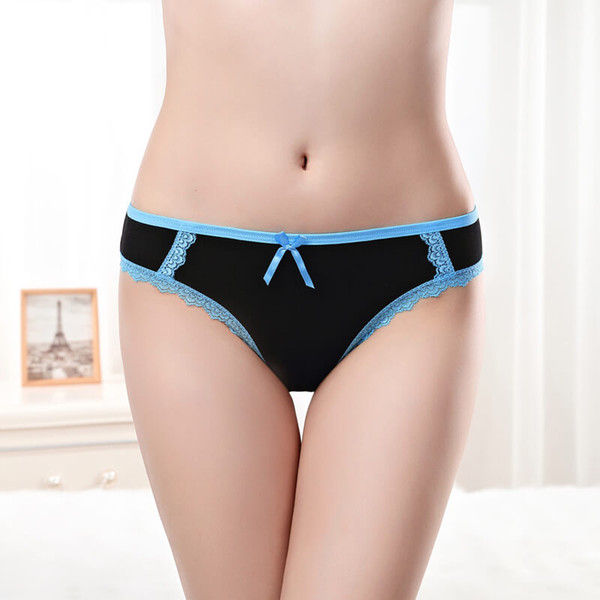For a lot of people, pimples break out only on the face. Or at least that’s where they’re supposed to appear. But pimples—surprise, surprise—appear around the vagina too.
They share the same characteristics with facial pimples. They’re generally harmless in most cases, painful sometimes and sometimes not, spread out or clustered, reddish or otherwise, pus-filled or not.
Fortunately, whichever combination yours adopts, this article provides preventive measures and how to get rid of pimples on the vagina.
Can I pop the pimples on my vagina?
When you look at pimples all-around your vagina it can be tempting to try and pop them like the ones on your face. Understandably, you want to see them go and truthfully, popping them might make them go flat at that moment. But popping isn’t a bright idea nonetheless. It carries risk. The vagina area is very sensitive and popping may further complicate things by irritating the area. Plus, when you pop them you open yourself up to bacteria and infection.
Additionally, as previously stated, the pimples on your vagina share the same characteristics with the ones on your face. So in some cases when you pop the pimples on your vagina, they open alright but begin to grow into painful boils over several days.
So the least you can do is to fight the temptation to pop them and they’ll leave on their own if you’re patient enough.
Causes of pimples on vagina
The following are common causes of pimples on the vagina.
Contact dermatitis
It is important to be wary of what comes in contact with your skin, for it can have effects. Negative ones. Pimples on your vagina can be caused by contact dermatitis, which may result from a change in skincare products. This is because the skin around the vagina is sensitive to things like perfumes and deodorants, laundry detergents, soaps with fragrance, sanitary pads, arousal stimulants, condoms and lubricants etc. Additionally, irritation may occur because of sweating, urine, and semen.
Folliculitis
Those who like their vagina area smooth run an even greater risk of getting pimples around the vagina. A follicle is that needle-like hole on your skin from which hair grows. And the hair follicle can be infected with bacteria, causing pimples to break out around your vagina area. Shaving constantly is one of the things that cause folliculitis. Other consequences of a constant razor to your vagina area include bumps and blisters.
Hidradenitis suppurativa (HS)
This chronic disease of the sweat gland is also known as acne inversa. It particularly affects the groin area and under the breast. If you have hidradenitis suppurativa, it may be responsible for those spots and sores around your vagina with pus in them. And when they heal they may leave behind some scars.
Molluscum contagiosum
This viral infection may just be the reason for the pimples on your face and vagina, or anywhere on your body for that matter. They are known as Mollusca, characterized by a dent at the centre of a small growth that is white or skin coloured. Oral medication can be applied as treatment.
How to get rid of pimples on vagina
The following measures can help you get rid of pimples on your vagina and the surrounding area.
Understand why you have them
Before setting out to get rid of vagina pimples, try and understand why they got there first and foremost. This is important for treatment because it helps you select the exact treatments to apply. Take a list of possible causes leading up to their appearance. If they appeared after you changed your skin product, then that might be why they are there. Other things to consider are whether you shaved recently.
Additionally, you might want to know for sure whether what you have on your vagina area are pimples or boils or cysts before treatment. Take a mirror and have a closer look.
Discontinue irritants
It makes sense to discontinue whatever you think may have caused the pimples on your vagina area. If you find out that shaving usually causes pimples to appear, use a new blade every time and don’t shave in the opposite direction of your pubic hair. Shave in the direction of your hair growth. Usually, for most people, downwards in the direction of their pubic hair growth.
Additionally, don’t always jump into every public pool. Ask if the water is well treated. Avoid using oils on the area. They block the follicles, clogging bacteria inside.
Improve hygiene
The genital area is rarely dry. It is almost always warm and moist. And this makes it a breeding ground for all kinds of bacteria. So make sure you wash daily with mildly warm water and ordinary soaps. Ordinary soaps that have no fragrance, since they can mess with your pH balance. And this can cause infections. Also, wear clean underwear and change them regularly.
Use heat
Pimples on the vagina and surrounding area can be painful and itchy sometimes. Heat can help relieve this. Soak a neat small towel in warm water, squeeze the water out and then place on the area. But make sure you dry the area very well afterwards to avoid bacteria.
Conclusion
If the pimples around your vagina are too recurrent for reasons unknown to you, please seek medical advice. Or if they’re pus-filled and too painful, the doctor can safely drain them.
Source: pulse.ng




